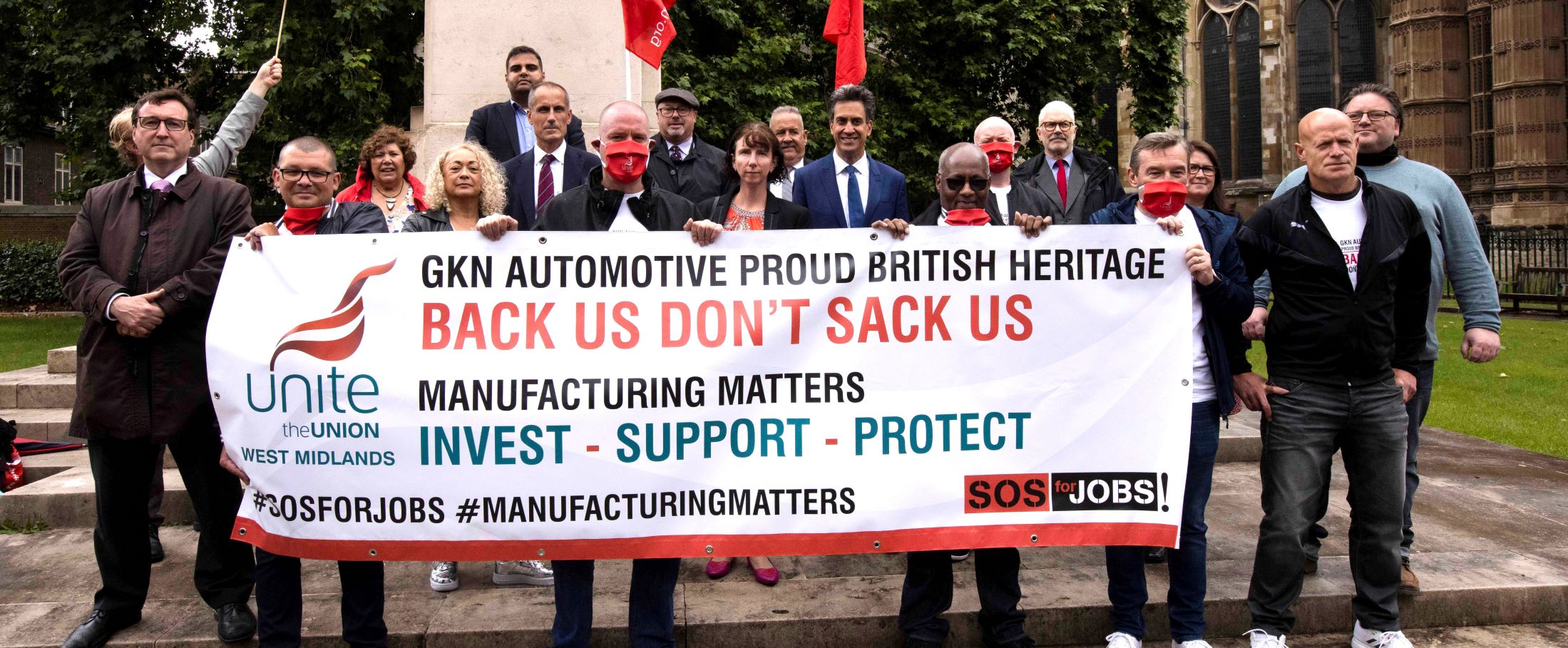‘Small steps’
While it’s essential that trade unions must be involved in any proposed â€sector deals’, worker voice and collective bargaining were absent from April’s Industrial Strategy Green Paper. So how does this week’s White Paper measure up?
The Industrial Strategy White Paper announces four sector deals with others said to be “in advanced discussions”. No reference is made to trade unions, although there is some reference to â€workers’.
Trade unions (through the TUC) are acknowledged, however, in respect of the â€National Retraining Partnership’ that will set the strategic direction and oversee the implementation of the National Retraining Scheme in England, and the “starting of a dialogue” to “develop a common set of principles and measures” to assess job quality and success (following recommendations in the Taylor Report).
This is a welcome, but very limited step, and it remains to be seen how it will pan out in practice. But if the role of trade unions is acknowledged in these areas, why not extend it to the Sector Deals or indeed the proposed â€local industrial strategies’?
Concerned
I am also concerned that the paper trumpets “our flexible labour market” and “record employment rates”, but doesn’t take heed of the fact that all too often for working people flexibility is a one way street in favour of the employer and that our labour market is still plagued by insecurity and underemployment.
The creation of an independent Industrial Strategy Council to assess and evaluate the Industrial Strategy is a potentially useful means of accountability and development. However, it will be drawn from “leading business men and women, investors, economists and academics” with no reference to workers or their representatives. Given the White Paper itself states “the real test of a successful strategy is the consequences it has for the lives of our fellow citizens. That must mean more good jobs and better pay”, this is a significant omission.
Greg Clark, Secretary of State, says in his foreword to the Industrial Strategy that “other countries have benefitted from establishing policies and institutions which endure” yet fails to be bold on the sort of social partnership arrangements, such as in Germany, that would really help deliver a sustainable and equitable economy.
This comment first appeared on the Centre for Labour and Social Studies (Class) blog on November 28 here
 Like
Like Follow
Follow
